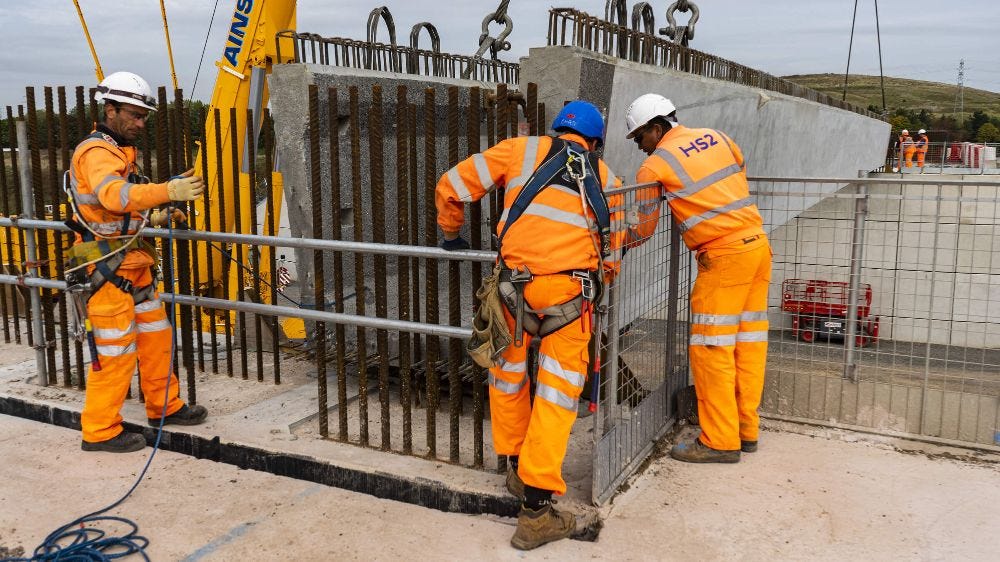NEWS.CATEGORY: Health and safety
Another Bridge Collapse - TSSA Warns On Rail Safety

TSSA General Secretary, Manuel Cortes, is warning it is "highly likely" there will be more incidents like the one which saw part of a bridge collapse last week (15 January) close to the site of the Stonehaven derailment - unless Network Rail (NR) abandons plans to break up civil engineering contracts.
The most recent collapse follows a similar incident over Christmas in London.
Cortes called for the work of monitoring and examination of structures across the entire railway network - such as tunnels and bridges – to come back into public hands as a matter of urgency rather than being left in the hands of private contractors.
The monitoring and examination of Network Rail’s structures are largely currently carried out by Amey. But on 1 April this year, Network Rail intends to break up and fragment the existing contracts.
Whilst in Scotland the contracts will be retained by a single contractor, other areas will see the subdividing of contracts, creating inconsistencies and eroding the relationship between experienced fault-finders and the structures they monitor and examine. TSSA is concerned that these changes may well result in serious defects being missed with catastrophic results.
TSSA had raised its concerns with both Network Rail and rail safety enforcer ORR (Office of Rail and Road), arguing that the industry cannot be complacent when it comes to the stability of Victorian structures that weren’t designed for 21st century traffic levels or greater incidences of severe weather as a result of climate change. The union argues for more and better resources to protect the safety of the railway going forward.
Network Rail has provided no evidence of any tangible benefits of the new contractual regime, which TSSA believes will be more expensive for taxpayers and less safe for the public. Fragmentation plans mean that when infrastructure problems arise in the future, the industry will be less able to accurately identify and fix them before they result in tragedy.
Commenting, Manuel Cortes said: “What we have seen near Stonehaven and before that in London were warnings and ones which must be heeded. Thankfully no one was hurt in either incident but having large chunks of rail bridges fall down is no laughing matter.
“A repeat is highly likely unless NR abandons plans to break up its monitoring and examination contracts on the railways. It can’t be ignored that we are dealing with very old Victorian era rail infrastructure right across the country.
“The work of examining rail infrastructure may not be glamourous but it is utterly vital to the safety of everyone on our rail network every day of the year. The only real way to guarantee safety is to remove the profit motive and bring these inspections back into public hands.
“The current situation, which will be made worse by Network Rail’s contract changes, feels like history repeating itself. It was the widespread failure to monitor, identify and remedy track faults in the early years of rail privatisation that led to the Hatfield disaster in 2000.
“The Hatfield rail crash paralysed the network, while cuts to staff and resources to monitor, understand and repair track faults led to a loss of public confidence about the safety of our railways.
“The demise of Railtrack after amassing huge debts led to the creation of NR who started fixing years of under-investment in safety and assurance. NR must not be allowed to repeat the mistakes of the past by embarking on more outsourcing and fragmentation.
“Our union is clear, there can be no backsliding on safety across our railways. Action must be taken now to prevent further loss of life.”
